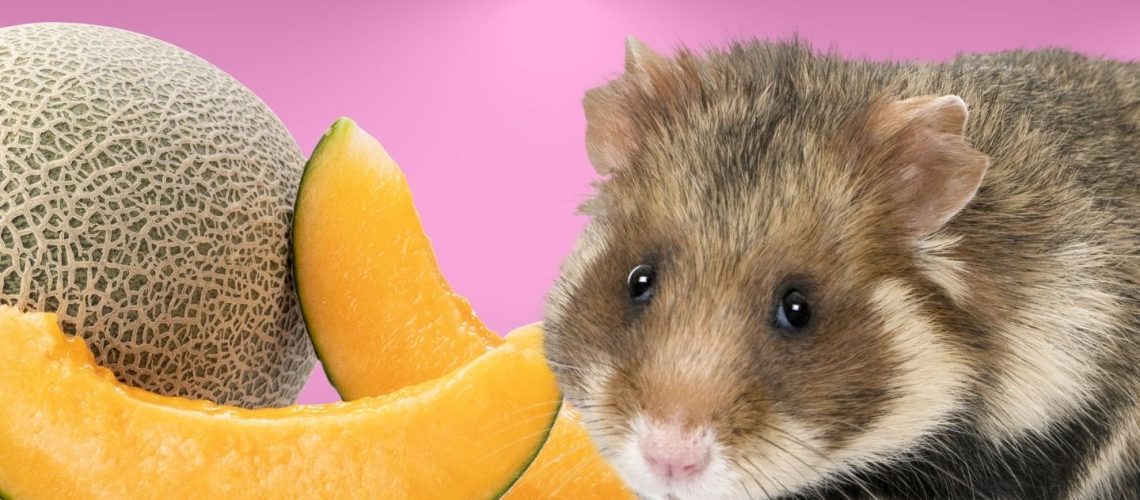Hamsters are popular pets known for their adorable appearance and active personalities. As a responsible hamster owner, it's important to understand what your hamster can and cannot eat to provide a well-rounded diet. One question that often arises is whether hamsters can eat cantaloupe. The short answer is yes, hamsters can safely eat cantaloupe as part of their diet. However, it should only be given to them in moderation and as an occasional treat. In this article, we will discuss the nutritional benefits of cantaloupe for hamsters, how to prepare it, and the appropriate portion sizes.
Nutritional Benefits of Cantaloupe for Hamsters
Vitamins and Minerals
Cantaloupe contains a variety of essential nutrients that can contribute to a hamster's overall health. Some of these nutrients include:
- Vitamin A: Important for maintaining healthy eyesight and promoting a strong immune system.
- Vitamin C: Essential for a healthy immune system, wound healing, and maintaining healthy skin.
- Potassium: Helps maintain proper hydration levels and supports proper muscle and nerve function.
- Magnesium: Contributes to strong bones and teeth, as well as overall heart health.
Hydration
Cantaloupe has a high water content, which can help keep your hamster hydrated. Proper hydration is vital for maintaining overall health and preventing urinary tract issues.
How to Prepare Cantaloupe for Hamsters
Washing and Cutting
Before offering cantaloupe to your hamster, make sure to thoroughly wash the fruit to remove any pesticides or bacteria. Cut the cantaloupe into small, manageable pieces that your hamster can easily grasp and chew.
Removing Seeds and Rind
It's essential to remove the seeds and rind before offering cantaloupe to your hamster. The seeds can pose a choking hazard, and the rind may be difficult for your hamster to digest.
Portion Size for Hamsters
Moderation is Key
Like any treat, it's crucial to offer cantaloupe in moderation to avoid potential health issues. Overfeeding sugary treats can lead to obesity, diabetes, and other health problems.
Adjusting Portion Sizes
Adjust portion sizes according to the size and activity level of your hamster. Dwarf hamsters, for example, may require smaller portions than larger Syrian hamsters.
Risks and Precautions
Allergies and Sensitivities
Monitor your hamster for any signs of allergic reactions or sensitivities to cantaloupe, such as diarrhea or skin irritation. If you notice any issues, discontinue feeding cantaloupe and consult your veterinarian.
Monitoring Treat Intake
Keep track of the overall treat intake of your hamster to ensure they are not consuming too many sugary or high-fat treats. A balanced diet is crucial for maintaining the health and well-being of your pet.
Conclusion
Cantaloupe can be a healthy and enjoyable treat for your hamster when offered in moderation. By preparing the fruit correctly and monitoring portion sizes, you can provide your hamster with a tasty, nutritious snack without compromising their overall health. Always consult your veterinarian if you have concerns about your hamster's diet or health.











